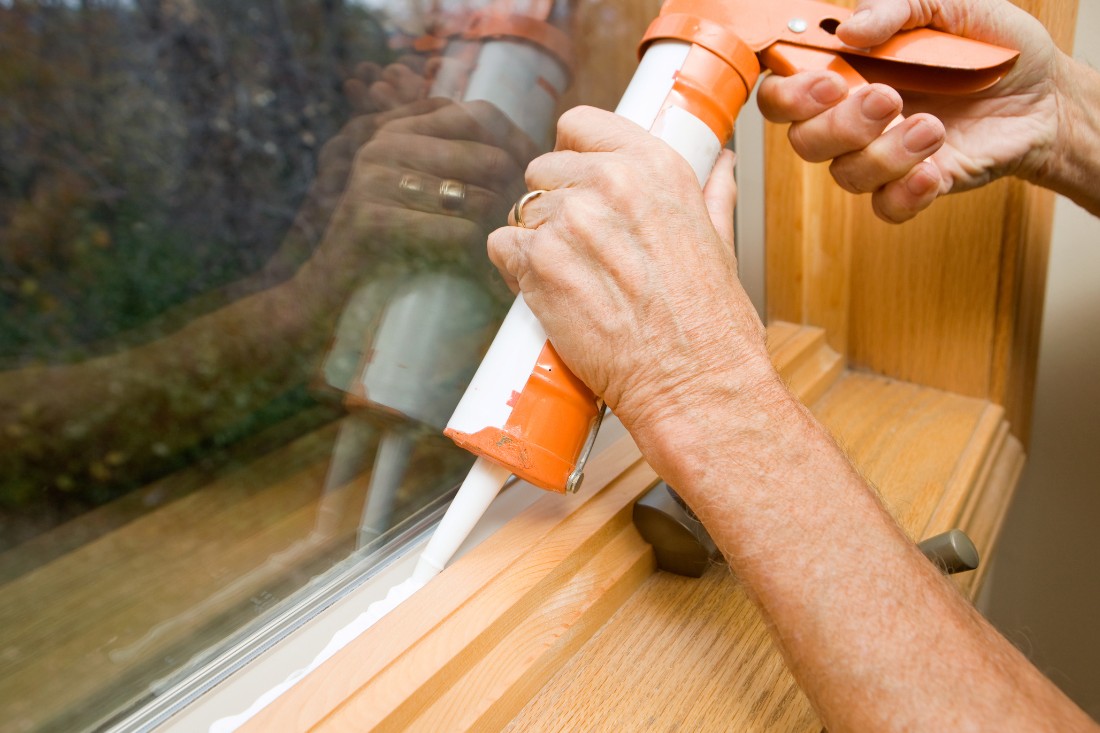Navigating your first home loan application

Increase your chances of a fast approval with a well-prepared first home loan application. We show you how.
Although applying for your first home loan may be the biggest financial decision you’ll make, it doesn’t need to be an overwhelming one. With the right preparation, a realistic understanding of your financial position and some professional guidance from a good mortgage broker, you can position yourself as an attractive first home loan customer and be approved in no time.
Clean up your credit
Before applying for your first home loan, make sure you are creditworthy in the eyes of a lender by obtaining a copy of your personal credit file. Your credit history will be a key factor that a lender will consider when deciding to process your loan application.
If you have a history of credit defaults, be prepared to explain honestly and up-front to the lender why those defaults occurred, how you remedied the situation and how you’ve taken steps to ensure the situation will not repeat itself.
Check your financial position
It’s also important to conduct a self-assessment of your financial position. This is to ascertain the amount you can borrow and the ease with which you’ll be able to manage your repayments.
Try creating a spreadsheet of your income, expenses, assets and liabilities. Make sure you are honest with yourself about your everyday living expenses and commitments. Your home loan repayments should equate to no more than a third of your income, give or take your expenses.
Then consider the ancillary costs of buying a home and getting a loan, such as legal fees, lender establishment fees, stamp duty (if no government concession applies) and so on. You may also want to look into the availability of any available government concessions or grants that may help reduce the overall cost.
A mortgage broker can help you assess your financial position and that of your co-borrowers to ensure the amount you wish to borrow is feasible in your circumstances.
Be deposit-ready
Although it’s true that some lenders don’t require a deposit – or require only a minimum deposit – you may want to aim to have a solid 20 per cent deposit saved up. Also factor in the additional costs of buying a home such as conveyancing, stamp duty and removalists.
Saving a deposit is a good idea for two reasons:
- A 20 per cent deposit could mean you do not have to pay for Lenders Mortgage Insurance (LMI). LMI is a premium amount that a borrower must pay to the lender when the loan-to-valuation ratio exceeds 80 per cent. Some lenders may make the loan available without having to get this insurance.
- A 20 per cent deposit immediately tells a lender that you are financially disciplined and responsible – attributes that will encourage lenders to look favourably upon your first home loan application.
If you do not have a 20 per cent deposit, don’t despair. A good mortgage broker will provide you with some options to help you find the right loan product.
Do your research
Finding the right first home loan often entails so much more than just interest rates. You should try to research a range of products and investigate their fine print, including any set-up and break fees, loan structures, flexibility options such as redraw and offsetting, repayment options and guarantees.
A good mortgage broker will have expert product knowledge that they can discuss with you to determine what loan would best suit your lifestyle and needs, both now and in the future (for example, when starting a family).
Gather your documents
To facilitate a fast assessment of your loan application, it's helpful to gather recent copies of your pay slips and evidence of any other income.
Also, gather copies of your bank account statements and credit card statements. If you’ve been employed for only a short time, try strengthening your application by obtaining letters of reference from your current and previous employers. If you are self-employed, a way to show your monthly income, outgoings and cashflow is by having business invoices and receipts on hand in case the lender requires such evidence of your earnings.
Remember that a good mortgage broker can help position you as an attractive borrower to lenders, while finding the best first home loan to suit your needs.
To find out more about getting started on your application, contact your broker today.





